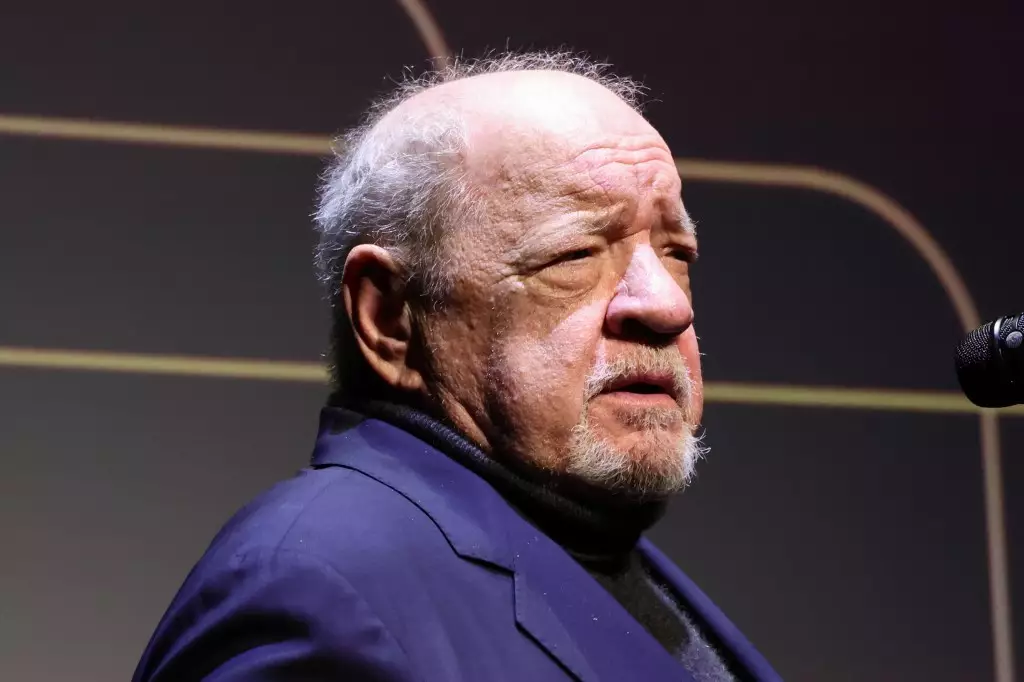Hollywood, often idealized as a land of opportunity and creativity, continuously grapples with unsettling stories of power abuse and exploitation. The recent lawsuit against filmmaker Paul Schrader sheds light on yet another troubling instance where the dynamics of authority are manipulated to exploit the vulnerable. Allegations from a former personal assistant reveal a pattern of harassment and abuse that, despite Schrader’s adamant denials, emphasizes the pervasive issues women face within the entertainment industry.
One cannot ignore the significance of the power imbalance in this situation. The allegations state that Schrader, known for iconic films like *Taxi Driver* and *Raging Bull*, took advantage of his position to coerce his assistant into unwanted sexual advances. This raises critical questions about the responsibilities of those in power—how they must acknowledge the potential ramifications of their actions. The filmmaker’s dismissal of the claims as “desperate and frivolous” can be perceived as an alarming tactic employed by those who feel untouchable due to their status. This attitude exemplifies the broader culture that often overlooks or downplays the severity of such allegations, instead focusing on preserving reputations and careers.
The Legal Battlefield and Accountability
The legal intricacies surrounding the lawsuit reveal a deeper story about the enforcement of accountability in a field riddled with controversy. Initially, a confidential settlement was agreed upon, only for Schrader to renege, prompting the assistant to file for enforcement in New York State Supreme Court. This outcome illustrates a disheartening reality: even when victims pursue legal routes to seek justice, they often find themselves entangled in a web of legal machinations that can further victimize them. The relentless struggle between the victim and the accused positions women in this industry in an ongoing battle against silence—a fight to ensure their voices are heard amidst the deafening roar of celebrity culture.
Schrader’s attorney’s claims about material inaccuracies seem to reflect a defensive playbook frequently employed in sexual harassment cases. While it’s crucial to respect the presumption of innocence, one cannot ignore the trends that suggest a pattern of dismissing allegations as mere attempts to tarnish reputations. This culture of skepticism towards victim claims reinforces silence, often leaving individuals who come forward feeling isolated and unsupported.
Implications for the Future
The allegations against Schrader may reverberate beyond this singular case, serving as a poignant reminder of the systemic issues within Hollywood and its pervasive culture of misogyny. As the industry slowly begins to confront the darkness lurking behind its glamorous façade, one can only hope that this lawsuit will contribute to a larger conversation about consent, power, and accountability.
The truth is that every time a prominent figure faces allegations of harassment or abuse, it opens the floodgates for others to share their stories, illuminating the reality faced by many women in their workplaces—be it in film, tech, or any industry where power is unevenly distributed. The challenge, however, remains: how do we cultivate an environment that not only listens but actively supports and empowers those who dare to speak out? As we navigate these murky waters, the hope is that the industry can reform, fostering a culture of respect and equality rather than one that perpetuates silence and fear.


Leave a Reply